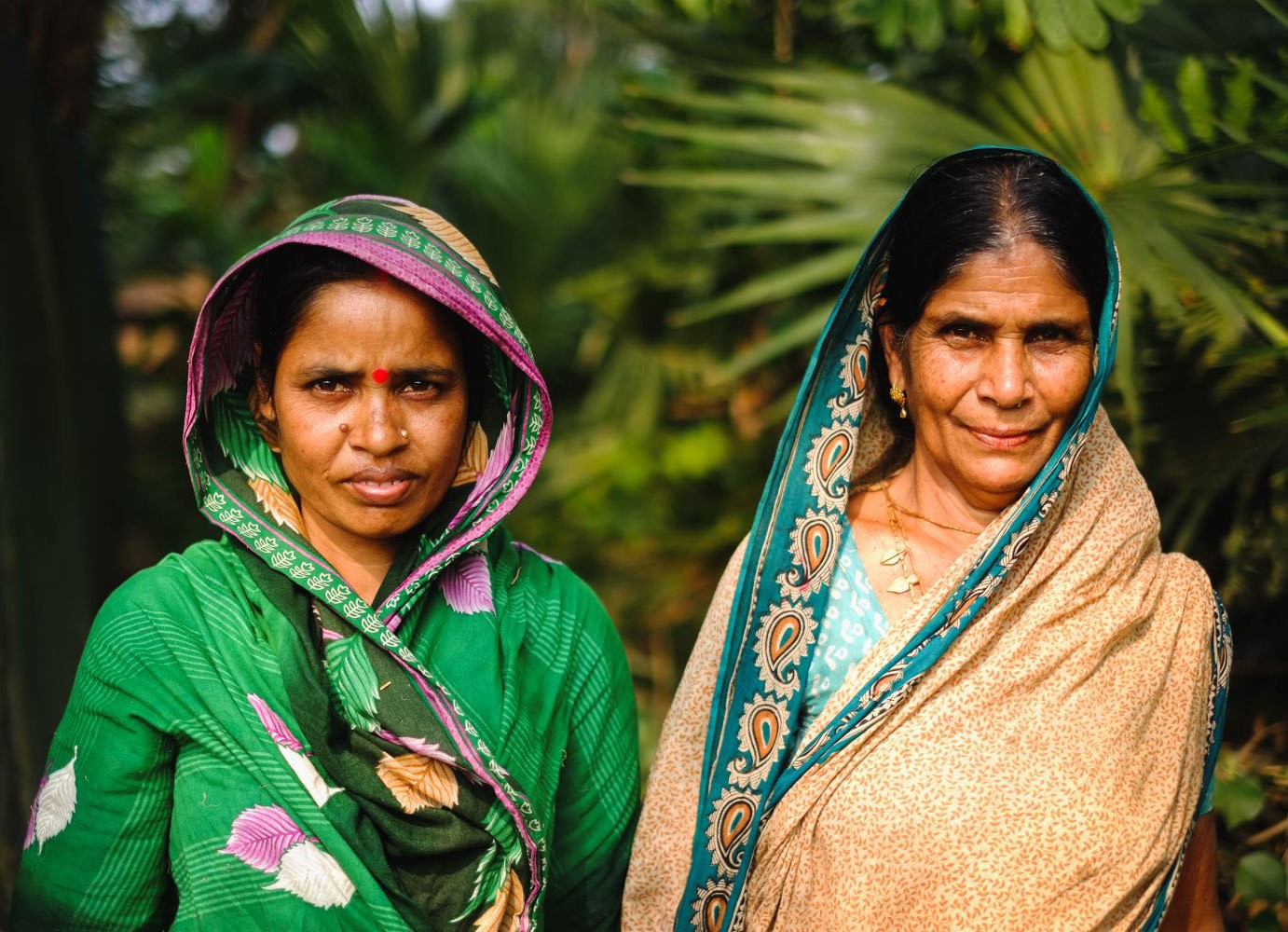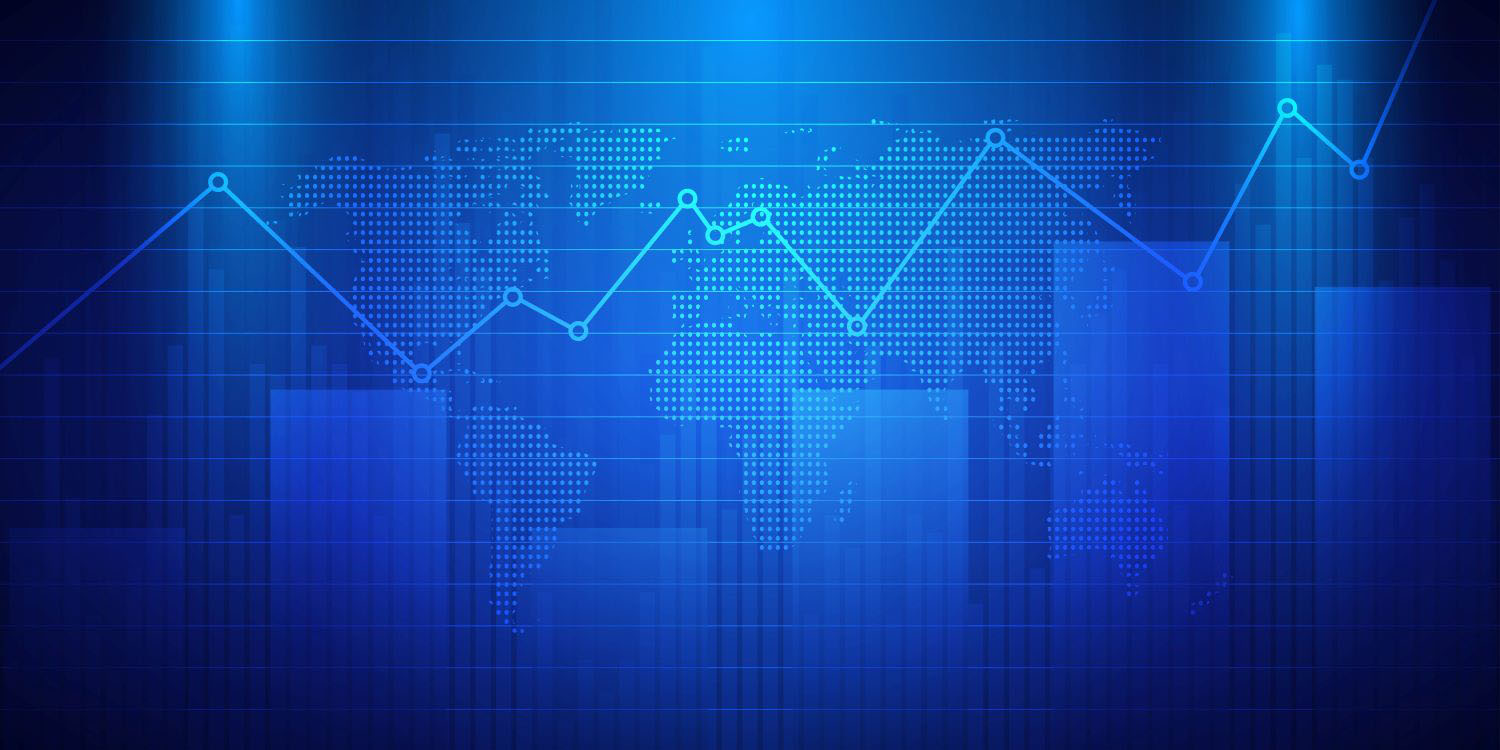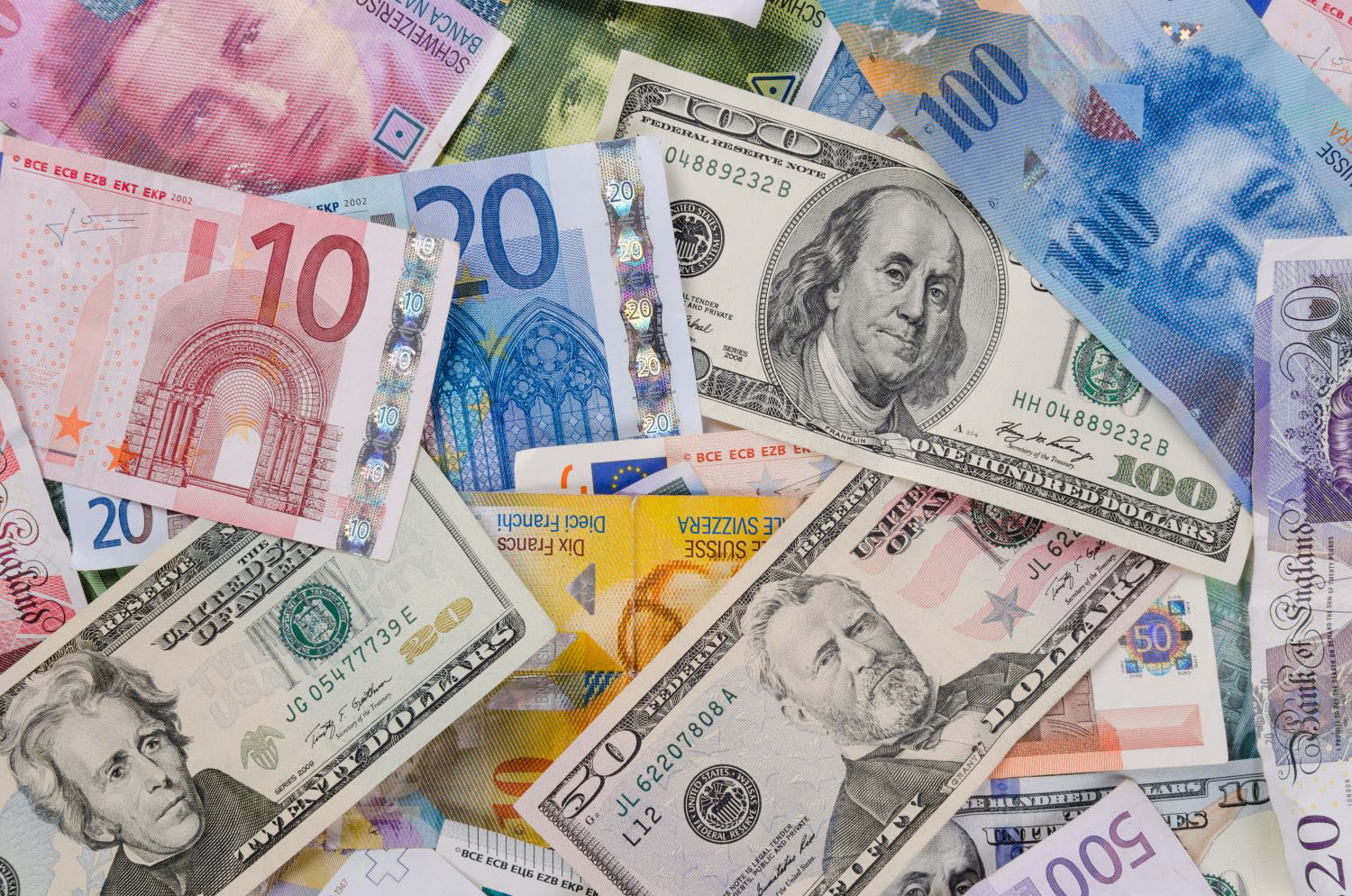There were a lot of speeches made by prime ministers and presidents this weekend that had a broadly similar format:
-
We celebrate the progress of the last fifteen years.
-
But we still have a long way to go.
-
So we set these goals, knowing they are ambitious.
-
But we must meet that ambition, and with only fifteen years to go we must start now.
-
I call on all of us to work together to achieve these goals.
-
Well done us for agreeing the SDGs.
The result was much stirring rhetoric, and almost nothing in the way of progress.
The assembled potentates are right that the goals they just signed up to are exceedingly ambitious. The SDGs suggest rates of progress outside of any historical norm, from infrastructure rollout through economic growth to poverty reduction and the fight against infectious disease. World leaders are also right to suggest that meeting such goals, if it is possible at all, will take urgent and dramatic changes in the way the planet operates.
As the world’s most powerful people, these leaders are the ones in the best position to deliver such change. Did any use their speeches to announce a radical departure from their current policy practices in order to meet these radical goals? Brazilian President Dilma Rousseff pledged to reduce the country’s greenhouse gas emissions by 43 percent by 2030 — a welcome announcement, but one linked to the Paris climate talks more than to the Sustainable Development Goals (which specifically acknowledge “the United Nations Framework Convention on Climate Change is the primary international, intergovernmental forum for negotiating the global response to climate change”). Chinese President Xi Jinping chipped in $2 billion extra in aid over the coming years, or about a 1.5 percent addition to one year of current international aid flows. Rich countries didn’t announce anything much new at all.
You might respond that it is early days — that the SDGs have just been agreed. But the world's leaders have known the broad shape that the goals were going to take for more than 14 months, since the SDG working group issued its draft proposals. Their finance ministers headed off to Addis this July to discuss how to meet the goals and made similar declarations about the need for change and the urgency of action without anything much in the way of policy proposals. About seven percent of the time between the draft SDGs and 2030 has already passed. It would be very hard to argue that seven percent of the policy change to meet the SDGs has been accomplished.
That's why the self-congratulatory mood of much of what went on this weekend feels misplaced. The people making speeches in New York lead policymaking worldwide. When it comes to urgent global policy change, if not them, who? If not now, when? I’m holding my cheers until they come through.
CGD blog posts reflect the views of the authors, drawing on prior research and experience in their areas of expertise.
CGD is a nonpartisan, independent organization and does not take institutional positions.





